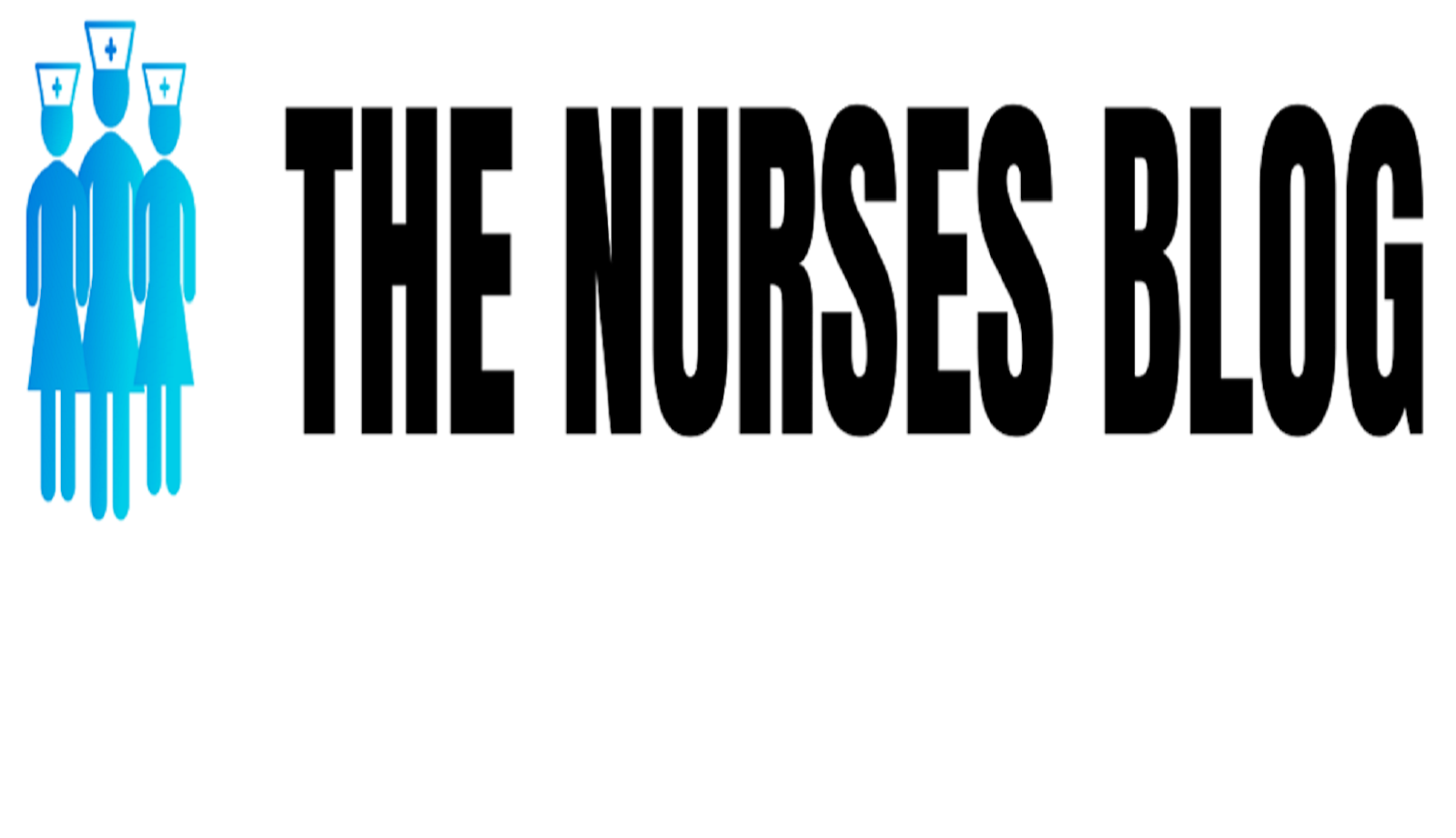Effective Communication Skills for Nurses: How to Communicate with Patients and Healthcare Team Members
Communication is very important in nursing. To give safe and effective care, nurses must be able to talk to patients, their families, and other members of the healthcare team. In this blog post, we'll talk about how important good communication is for nurses and give them tips on how to improve their own communication skills.
Importance of Effective Communication in Nursing Practice
Effective communication is important for nurses to do their jobs for the following reasons:
Building Trust with Patients: Nurses can build trust with patients by communicating well with them and forming a therapeutic relationship with them. When patients feel like nurses hear and address their concerns, they are more likely to trust them and follow their treatment plan.
Patient Safety: Effective communication is needed to make sure that patients are safe. To make sure that patients get the right care at the right time, nurses must tell other members of the healthcare team about important things like changes in a patient's condition, medication orders, and test results.
Improving the Outcomes for Patients: Good communication can help improve patient outcomes. When nurses talk to their patients well, they can give them information and support that helps them care for their conditions and avoid complications.
Tips for Improving Effective Communication Skills
It is important for nurses to learn how to talk to people well. The better you can talk to your patients and the other people on your healthcare team, the more useful your interactions will be. The following ideas will help you improve your ability to communicate as a nurse:
Active listening. An essential component of effective communication. Nurses must actively listen to patients and their families to fully understand their worries and needs. Focusing on what the patient is saying, asking clarifying questions, and giving feedback are all parts of active listening.
Be open-minded. Even if you don't always agree with what someone says, if you keep an open mind and listen carefully, you can usually find some things you have in common with them that will help you build trust with them.
Nonverbal Communication. Body language and facial expressions, which don't involve words, can also send important messages. Nurses need to be aware of their body language and make sure they are communicating well with patients and their families. Use good body language by keeping eye contact with the person you are talking to (but don't stare), nodding your head occasionally to show that you are paying attention, etc. This will help people get to know each other and make the conversation feel more like a conversation and less like an interrogation.
Speak clearly and briefly. Nurses need to speak clearly and briefly so that patients and their families can understand what they are saying. Nurses shouldn't use medical jargon or use simple words to explain complicated ideas.
Use empathy. Nurses need to care about their patients and their families. Understanding the patient's feelings and point of view and responding with care and concern are both parts of empathy.
Use interdisciplinary communication. Nurses need to talk to other members of the healthcare team in order to make sure that patients get the care that is coordinated and complete. Nurses should use interdisciplinary communication to share information, work together, and make well-informed decisions about patient care.
Use technology to improve communication. In nursing, technology can be used to make communication better. Nurses can talk to patients, their families, and other members of the healthcare team by using electronic health records, telemedicine, and other technologies.
Effective communication is important for nurses to build trust with their patients, keep them safe, and improve their health. Nurses must develop skills like active listening, nonverbal communication, clear and concise speaking, empathy, interprofessional communication, and using technology. By improving their communication skills, nurses can provide safe, high-quality care to their patients and contribute to the success of the healthcare team.

.png)
.png)
.png)
.png)
.png)
.png)
No comments: